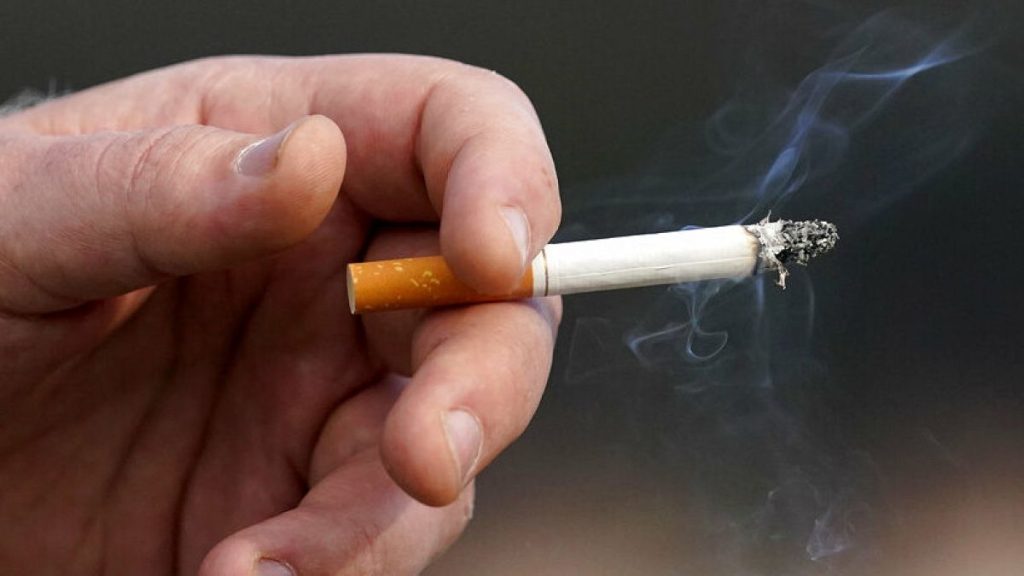Milan, Italy’s financial and fashion capital, has implemented a comprehensive ban on smoking in outdoor and public spaces, marking the culmination of a series of restrictions initiated in 2021. Effective January 1st, this stringent measure aims to significantly enhance the city’s air quality and safeguard public health, particularly by reducing exposure to secondhand smoke. The ban extends to virtually all public areas, including streets, with the sole exception of designated isolated locations where smokers must maintain a minimum 10-meter distance from others. Violations of the new regulation will incur fines ranging from €40 to €240. This initiative represents a bold step towards creating a cleaner and healthier environment for residents and visitors alike.
The comprehensive smoking ban underscores Milan’s commitment to improving air quality, a long-standing challenge for the city. Situated in the Po Valley, a heavily industrialized region, Milan grapples with high levels of pollution stemming from industrial emissions, vehicular traffic, and other sources. Recognizing the detrimental impact of air pollution on public health, the city council enacted an air quality ordinance in 2020, outlining a phased approach to reducing smoking in public spaces. The first phase, implemented in 2021, restricted smoking in parks, playgrounds, bus stops, and sports facilities. The current ban represents the next significant step in this progressive strategy.
The motivation behind the ban goes beyond simply improving air quality; it also addresses the serious health risks associated with passive smoking. Secondhand smoke contains numerous harmful chemicals and carcinogens, posing a significant threat to non-smokers, especially children, who are more vulnerable to its detrimental effects. By prohibiting smoking in public spaces, Milan aims to create an environment where individuals can enjoy clean air and minimize their exposure to these harmful substances. This measure is particularly important given the city’s high population density and the prevalence of outdoor activities.
Interestingly, the ban does not extend to electronic cigarettes, commonly known as vapes or e-cigarettes. While the long-term health effects of vaping are still under investigation, they are generally considered to be less harmful than traditional cigarettes, as they do not produce smoke containing many of the same toxins. However, the potential health risks associated with vaping are still being evaluated, and future regulations may address this emerging area.
The timing of the ban is also significant, as Milan prepares to host the 2026 Winter Olympics, jointly with Cortina d’Ampezzo. The city is striving to present a positive image to the world and demonstrate its commitment to environmental sustainability. The smoking ban, along with other initiatives aimed at reducing pollution and promoting eco-friendly practices, will contribute to a cleaner and healthier environment for both residents and visitors during the Games.
Milan’s comprehensive smoking ban represents a significant step in the global movement towards creating smoke-free public spaces. Many cities worldwide have implemented similar restrictions, recognizing the importance of protecting public health from the harmful effects of secondhand smoke. While the ban may face some opposition from smokers, the overwhelming benefits for public health and the environment make it a crucial step towards a healthier and more sustainable future for Milan. The city’s bold action serves as an example for other urban centers grappling with air pollution and seeking to improve the well-being of their citizens.

